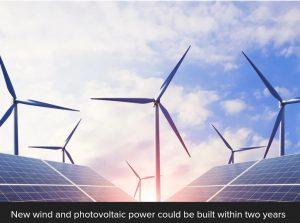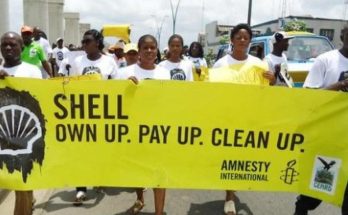
SOUTH AFRICA – The National Planning Commission (NPC) has weighed in on the electricity crisis, calling for an emergency plan to end load shedding in two years.
The NPC advises government on the long term development issues of the country, specifically the implementation of the National Development Plan. It is chaired by Minister in the Presidency Mondli Gungubele.
Its plan calls for 10 000MW of wind and solar power and 5 000MW of battery storage to be built as an urgent priority, which would require the short-circuiting or lifting of some regulatory constraints.
“For this to happen the declaration of an ‘energy emergency’ is required that will make it possible to override some of the red tape that is preventing the acceleration of delivery of new generation capacity.”
At present, the government has two tenders or open bid windows of 2 600MW each for renewable energy. A third bidding round – known as the emergency round, which was for 2 000MW, is mostly stalled and tied up in litigation and disputes over local content requirements.
Energy experts have been warning that this will not be sufficient to end load shedding in the next two years. As Eskom’s plants are on a deteriorating trend, load shedding will grow more intense unless substantial new capacity is built.
This plan is broadly similar to other plans that have been advanced in the past two months by energy commentator Chris Yelland and consultancy Meridian Economics. The government is expected to come up with its own response later this week.
The NPC says that evidence suggests solar and wind power projects can be built rapidly within two to three years. But to achieve this will require the removal of some obstacles:
The 100MW ceiling which allows projects to be exempt from licensing and to take the shorter route of registration with the National Energy Regulator of SA (Nersa) should be lifted.
Any Nersa registration process that delays the implementation of projects should be scrapped and replaced with an online registration procedure for database purposes only.
Environmental and water use approvals must be streamlined to take advantage of renewable energy development zones that allow for fast-tracking of approvals.
The department of trade and industry and competition should grant a temporary exemption from local content requirements for construction and commissioning of new generation and storage capacity.
The exemption should apply to projects that will deliver power within the next three years.
At the same time, stakeholders should reach a formal agreement with the Department of Trade, Industry and Competition that strikes a balance between short-term importation of components with the need for phasing in upstream industrialisation over the medium- to long-term. – News 24



